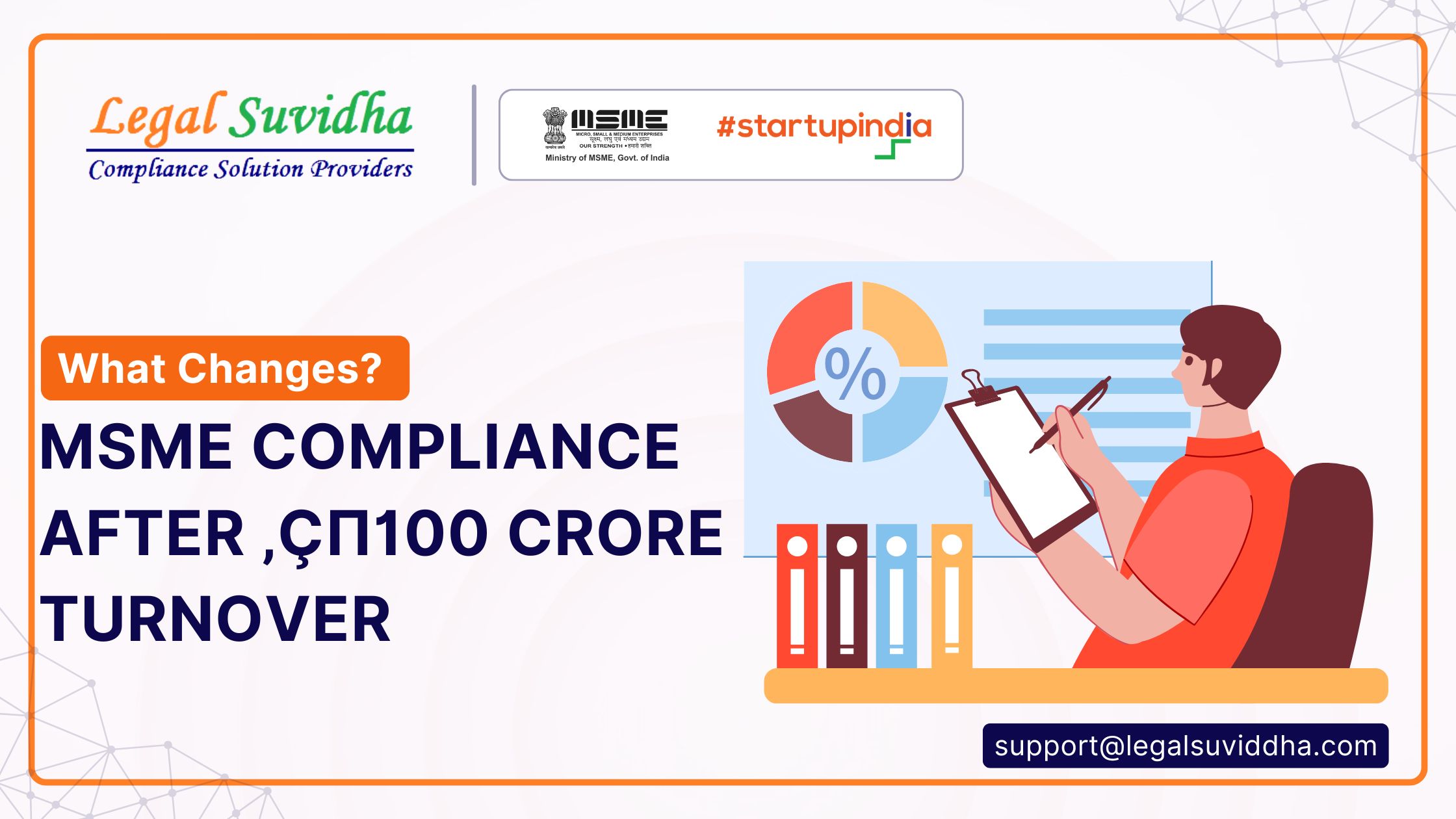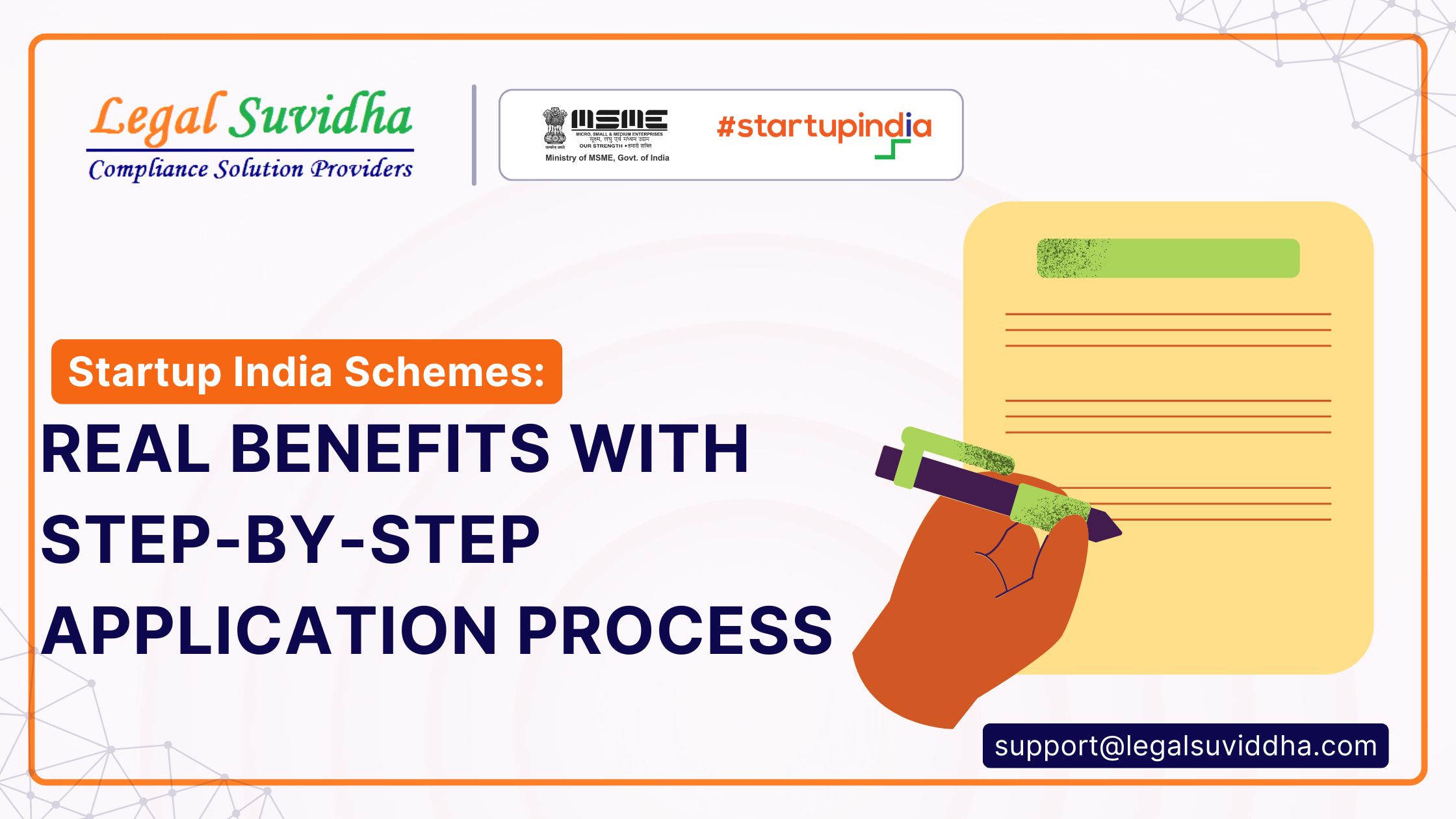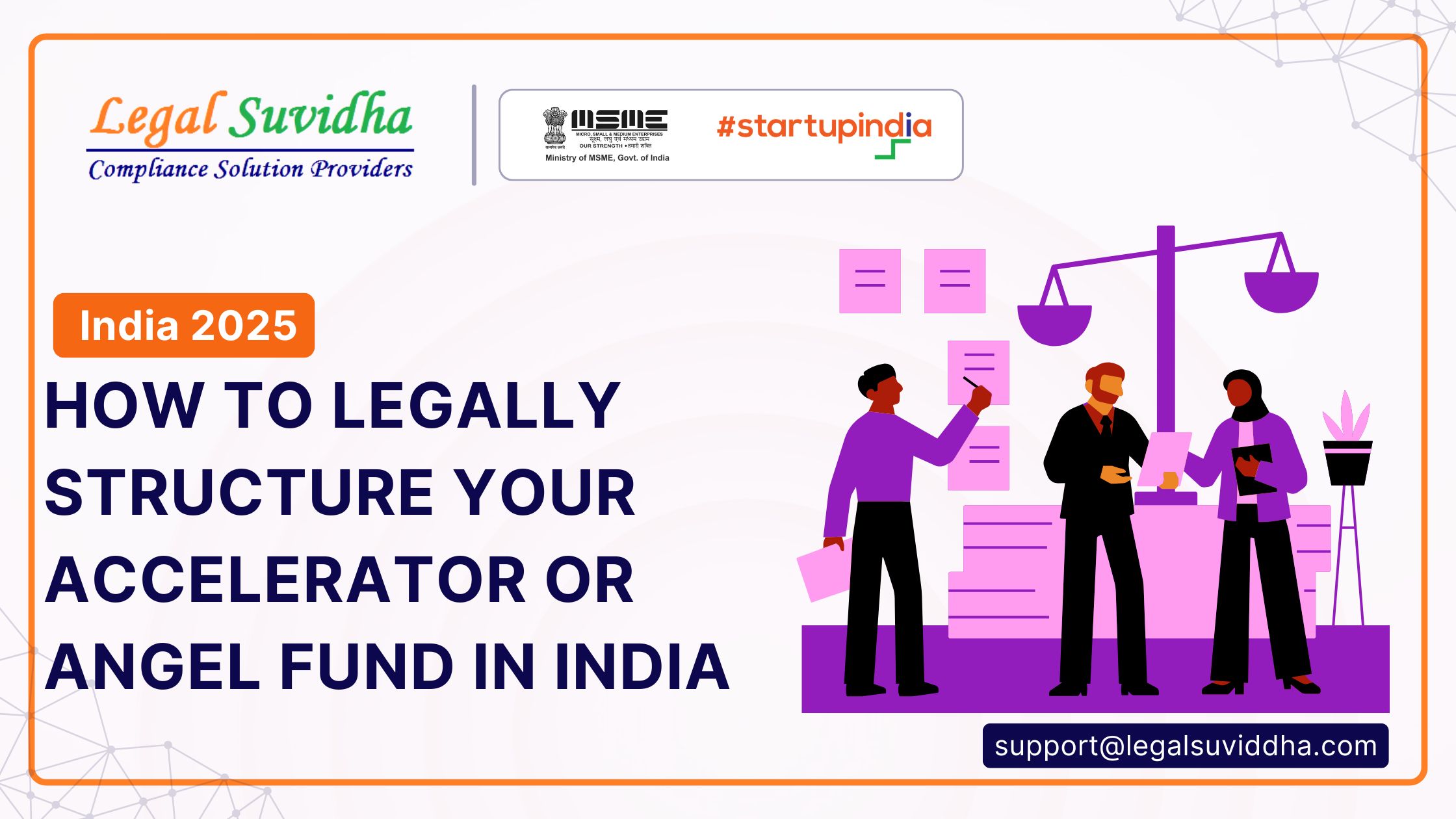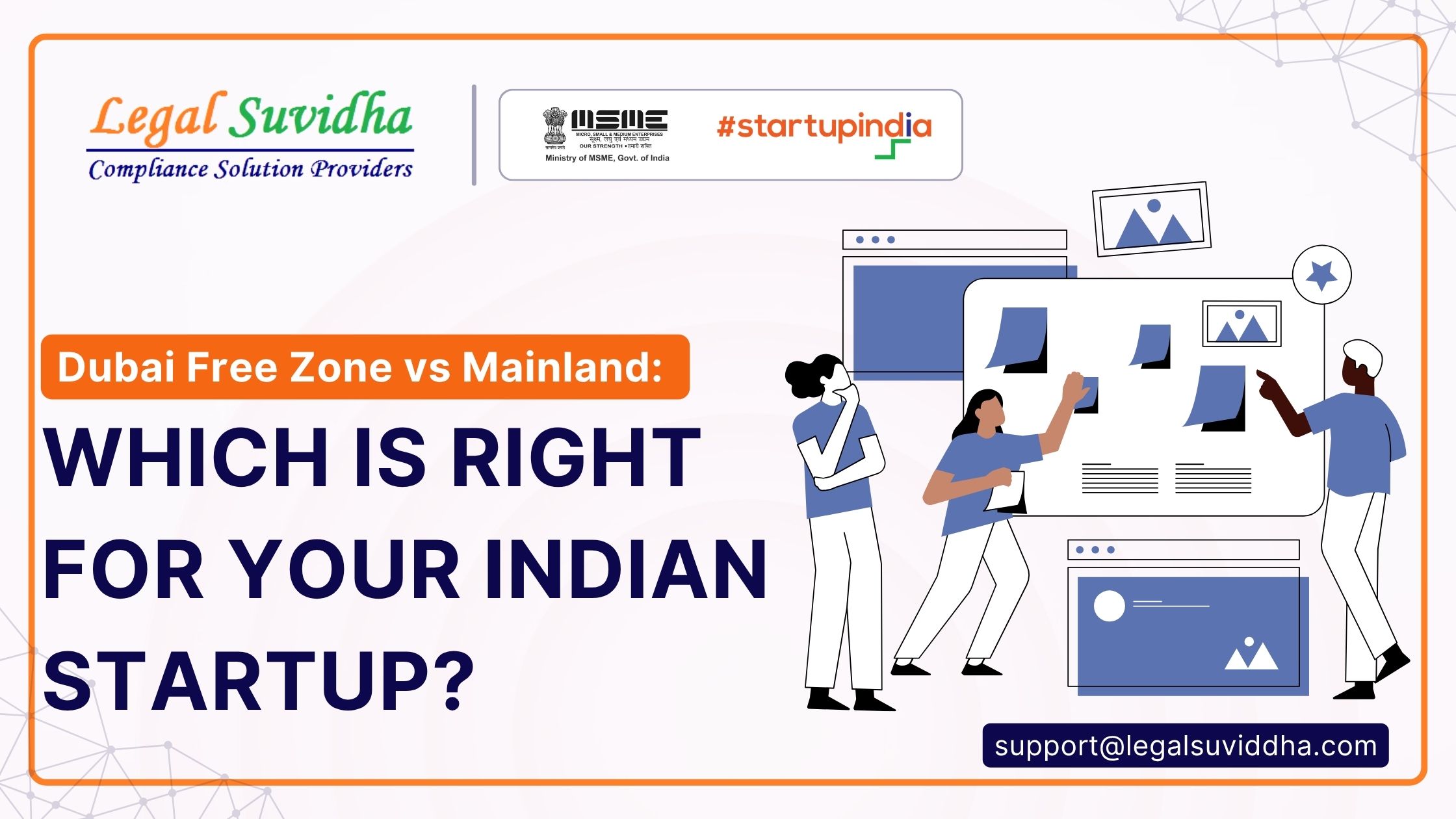Data mining is a powerful technique that can be utilized to extract valuable insights from large datasets. When applied to GST e-invoicing data, data mining can provide businesses with valuable information for decision-making and gaining competitive advantages. Here are some ways data mining can be used in the context of GST e-invoicing:
1. Fraud detection: By analyzing patterns and anomalies in e-invoicing data, data mining can help identify potential instances of fraudulent activities such as fake invoices, tax evasion, or misuse of GST credits. This can enable businesses to take timely actions to prevent losses and maintain compliance.
2. Compliance monitoring: Data mining can be used to identify non-compliance issues in GST e-invoicing, such as incorrect tax calculations, missing or incorrect invoice details, or discrepancies in reporting. By proactively monitoring compliance, businesses can avoid penalties and ensure adherence to GST regulations.
3. Customer segmentation and behavior analysis: By mining e-invoicing data, businesses can gain insights into customer behavior, preferences, and purchasing patterns. This information can be used to segment customers based on various attributes such as buying frequency, purchase amount, or product preferences. By understanding customer segments, businesses can tailor their marketing strategies, improve customer satisfaction, and optimize pricing and promotions.
4. Forecasting and demand planning: Data mining techniques can analyze historical e-invoicing data to identify trends, seasonal patterns, and correlations between sales and external factors like economic indicators or weather conditions. This information can be leveraged for accurate demand forecasting, inventory management, and supply chain optimization.
5. Process optimization: By mining e-invoicing data, businesses can identify bottlenecks, inefficiencies, and areas for improvement in their invoicing processes. This can help streamline operations, reduce costs, and enhance overall efficiency.
6. Revenue optimization: Data mining can identify cross-selling and upselling opportunities by uncovering associations and patterns between products purchased by customers. This information can be used to devise targeted marketing campaigns, recommend related products, and maximize revenue generation.
7. Financial analysis: By integrating e-invoicing data with financial data, data mining can provide insights into cash flow, profitability, and financial performance. This information can aid in financial planning, budgeting, and decision-making.
To leverage data mining effectively for GST e-invoicing insights, businesses should employ appropriate data mining algorithms and techniques such as clustering, classification, association rule mining, regression analysis, and predictive modeling. It is also crucial to ensure data quality, data privacy, and compliance with relevant data protection regulations.
By harnessing the power of data mining in GST e-invoicing, businesses can gain a competitive edge, improve decision-making, and drive operational efficiencies.
When it comes to analyzing GST e-invoicing data using data mining techniques, several tools and techniques can be employed to extract meaningful insights. Here are some commonly used tools and techniques for data mining in GST e-invoicing data analysis:
1. Data preprocessing: This initial step involves cleaning and transforming the raw data to make it suitable for analysis. Tools like Python with libraries such as Pandas and NumPy can be used to handle data preprocessing tasks such as data cleaning, normalization, handling missing values, and feature selection.
2. Association rule mining: Association rule mining helps identify patterns and relationships between items in large datasets. It can be used to discover co-occurrence patterns in GST e-invoicing data, such as frequently purchased items or commonly associated products. Popular tools for association rule mining include the Apriori algorithm and FP-Growth algorithm, which are available in software packages like Weka, RapidMiner, and Orange.
3. Clustering analysis: Clustering techniques group similar data points together based on their characteristics or attributes. In the context of GST e-invoicing data, clustering analysis can help identify customer segments or detect outliers. Tools like k-means, hierarchical clustering, and DBSCAN can be applied using libraries like sci-kit-learn in Python or software tools such as KNIME and SAS Enterprise Miner.
4. Classification and prediction: Classification algorithms assign predefined labels or categories to data instances based on their attributes. In the case of GST e-invoicing data, classification can be used to predict fraudulent transactions, detect compliance issues, or assign customer segments. Commonly used algorithms include decision trees, random forests, logistic regression, and support vector machines (SVM). Tools like Scikit-learn, Weka, and RapidMiner provide implementations of these algorithms.
5. Time series analysis: Time series analysis techniques are useful for analyzing temporal patterns and trends in GST e-invoicing data. It can help with forecasting, identifying seasonality, and understanding patterns over time. Tools like R, Python libraries such as stats models and Prophet, and software packages like SAS and MATLAB offer capabilities for time series analysis.
6. Text mining: Text mining techniques are employed when analyzing textual data, such as invoice descriptions, customer feedback, or vendor details. Natural Language Processing (NLP) tools and techniques can be used to extract insights from textual data. Python libraries like NLTK (Natural Language Toolkit), spaCy, and Gensim, as well as commercial tools like RapidMiner and KNIME, provide text mining capabilities.
7. Visualization tools: Data visualization plays a crucial role in understanding patterns and presenting insights derived from data mining. Tools like Tableau, Power BI, and Matplotlib in Python can be used to create interactive and visually appealing charts, graphs, and dashboards to communicate the results effectively.
It is important to select the appropriate tools and techniques based on the specific analysis goals and the nature of the GST e-invoicing data. Consider factors such as scalability, ease of use, computational requirements, and integration capabilities with existing systems while choosing the tools for data mining in GST e-invoicing data analysis.
If You have any queries then connect with us at [email protected] or [email protected] & contact us & stay updated with our latest blogs & articles








